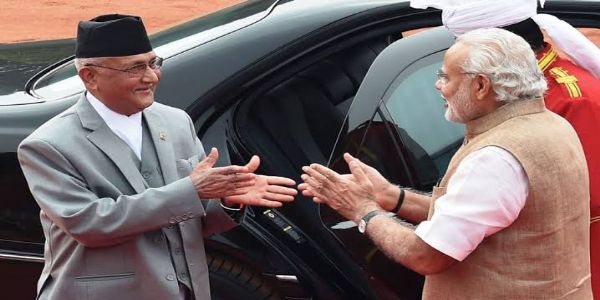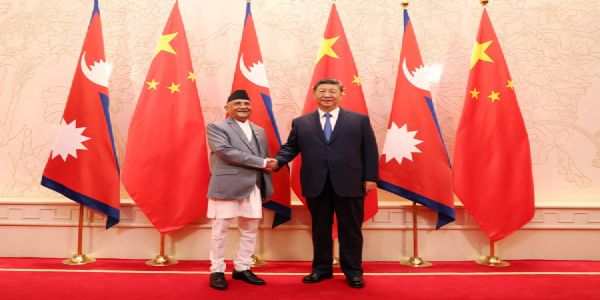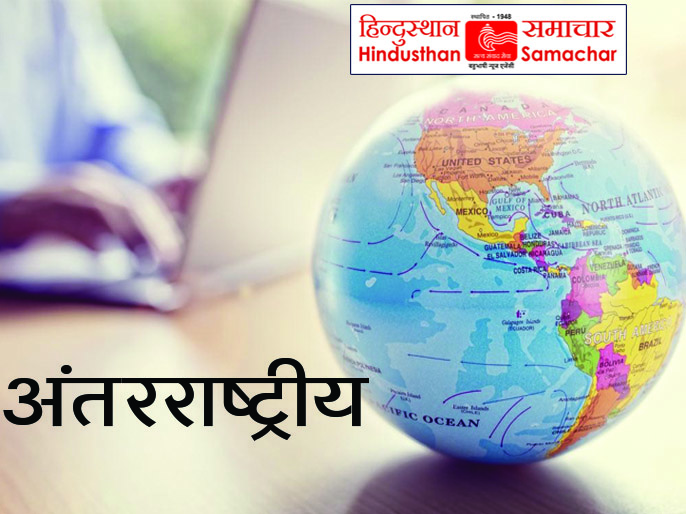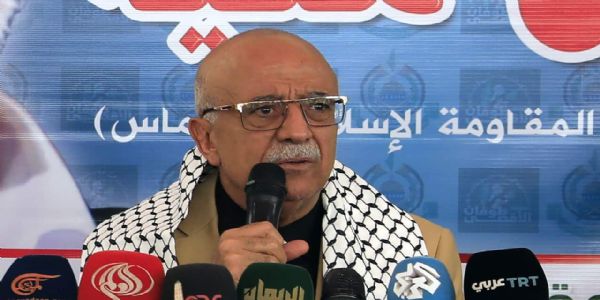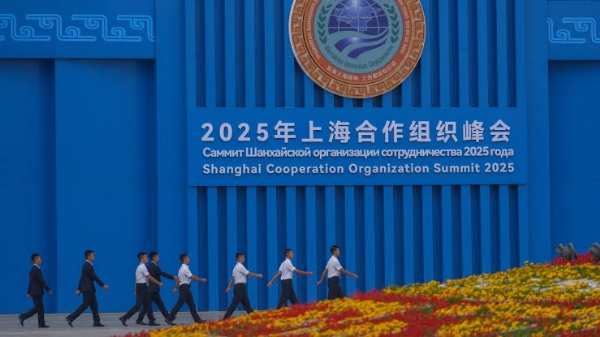
Tianjin(China) ,August 31(HS): The Shanghai Cooperation Organization (SCO) convenes today in China’s bustling port city of Tianjin, embarking on its most ambitious summit yet amid a landscape scarred by war, economic strife, and shifting global alliances. As geopolitical flashpoints span from Gaza to Ukraine and tariff battles rage between Washington and Beijing, this “SCO Year of Sustainable Development” summit stands out as a powerful testament to the organization’s swelling influence and its pivotal place in the world order.
World Leaders and Participants
Xi Jinping, China: As host and presiding chair, Xi positions China as a linchpin of multipolar global order, leveraging the summit to showcase leadership amid Western tariff feuds and security crises.
Vladimir Putin, Russia: The Russian president attends in defiance of international controversy, seeking security guarantees and new alliances to weather global sanctions and ongoing conflict in Ukraine.
Narendra Modi, India: Indian Prime Minister Modi makes his first China trip in seven years, navigating fraught bilateral relations and aiming to boost India’s profile as a major Asian power committed to multilateral cooperation.
Masoud Pezeshkian, Iran: Iran’s new president leverages the SCO stage to rally backing against “snapback” nuclear sanctions and underline Tehran’s strategic role in regional security.
Shehbaz Sharif, Pakistan: Pakistan's PM participates in the wake of renewed border tensions, seeking dialogue and economic integration.
Recep Tayyip Erdogan, Turkey: Erdogan signals Turkey’s growing Eurasian engagement and ambition to bridge Europe and Asia amid Western estrangement.
Alexander Lukashenko, Belarus: The Belarusian president represents Eurasia’s political realignment, pushing for deeper integration with Asian partners.
Kassym-Jomart Tokayev, Kazakhstan: As summit host last year, Tokayev champions Central Asian interests and expanded trade.
Sadyr Japarov, Kyrgyzstan: Kyrgyzstan’s president reiterates the nation’s commitment to stability and cross-Eurasian cooperation.
Emomali Rahmon, Tajikistan: Rahmon focuses on border security and counterterrorism.
Shavkat Mirziyoyev, Uzbekistan: Promotion of regional energy projects and youth development is central to Mirziyoyev’s agenda.
Mohamed Muizzu, Maldives & KP Sharma Oli, Nepal: Highlight the inclusion of emerging economies.
Mustafa Madbouly, Egypt: Emphasizes North Africa's stake in Eurasian security.
Hun Manet, Cambodia; Prabowo Subianto, Indonesia; Thongloun Sisoulith, Laos; Anwar Ibrahim, Malaysia; Pham Minh Chinh, Vietnam: These Southeast Asian leaders signal the summit’s outreach to ASEAN and deeper Indo-Pacific ties.
Kim Jong Un, North Korea: To join Xi and Putin for a post-summit military parade, underscoring shifting global alignments.
Antonio Guterres, UN Secretary-General: Represents multilateral dialogue on global crises.
Nurlan Yermekbayev, SCO Secretary-General, Kao Kim Hourn, ASEAN Secretary-General: Provide organizational oversight and bridge interregional cooperation
The summit unfolds as Gaza endures a second year of war, Ukraine’s conflict approaches its thousandth day, and Donald Trump’s second US presidency injects fresh unpredictability into global affairs, notably through expanded tariffs against China and India.
Origins and Rising Clout
The SCO began as the “Shanghai Five”—China, Russia, Kazakhstan, Kyrgyzstan, Tajikistan—expanding over the decades to count 10 full members, 2 observers, and 14 dialogue partners. Today it occupies 24% of the world’s land and is home to 42% of its population. Member states’ global GDP share hovers near a quarter, and their trade clout has soared, multiplying nearly 100-fold in two decades.
Pivotal Agenda, Strategic Outcomes
This year’s agenda is packed and symbolic: leaders are set to ratify the Tianjin Declaration, chart a 10-year strategic plan, and ink pivotal agreements touching on security, trade, energy, and culture. They will jointly commemorate the 80th anniversaries of both World War II’s end and the UN’s founding.
Bilateral and sideline diplomacy will be robust—Xi will meet with Putin and Erdogan ahead of a massive military parade scheduled for September 3, further cementing China’s global leadership ambitions. For Iran, the summit marks a crucial stage to garner support as it faces renewed “snapback” sanctions; both China and Russia have pledged backing.
Spotlight on India, Pakistan, and China’s Vision
The summit is particularly historic for India’s Narendra Modi, making his first trip to China in over seven years amid strained ties following 2020’s border clashes and the recent armed standoff with Pakistan. Pakistan's Shehbaz Sharif also attends, giving the meeting added regional significance.
China signals its long-term vision by offering 1,000 digital technology scholarships and inviting partners to participate in both its BeiDou navigation and International Lunar Research Station projects. In parallel, trade between China and SCO-linked countries hit a record $890 billion last year, equaling over 14% of China’s external trade.
Unity in a Divided Era
This Tianjin summit, the fifth China has hosted, is scrutinized as a major display of Global South solidarity, carrying the weight of rising multipolar aspirations against a backdrop of Western sanctions and rivalry. The last SCO summit in Astana saw 25 strategic agreements, but the stakes and ambitions are higher than ever this year.
As world leaders settle in for high-stakes talks, the outcomes from Tianjin may well shape the balance of power, partnerships, and priorities for years to come.
---------------
Hindusthan Samachar / Jun Sarkar





